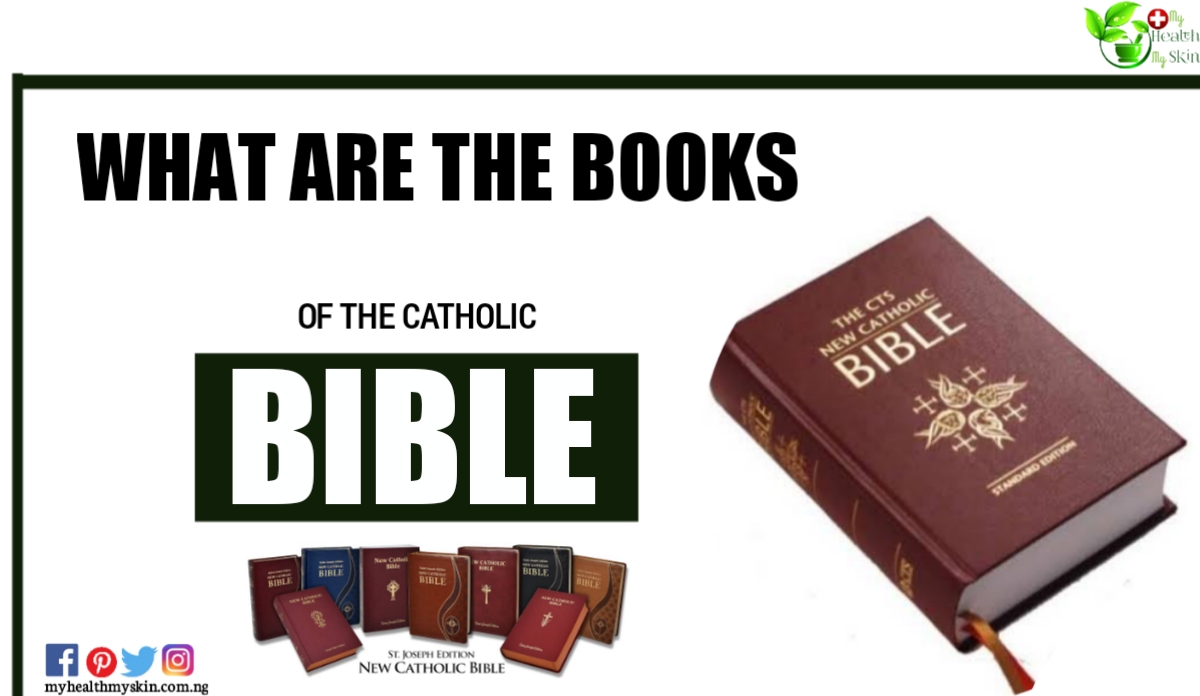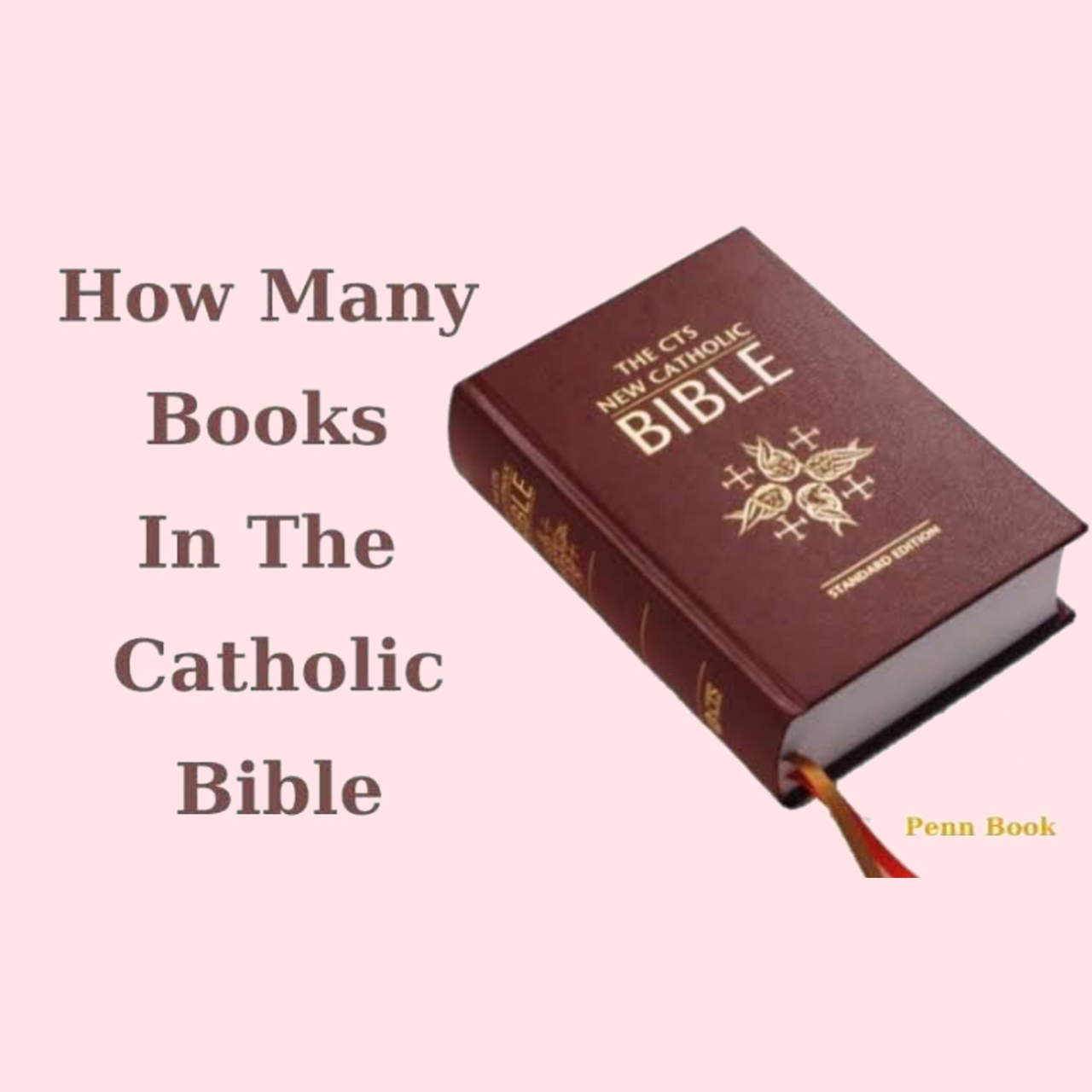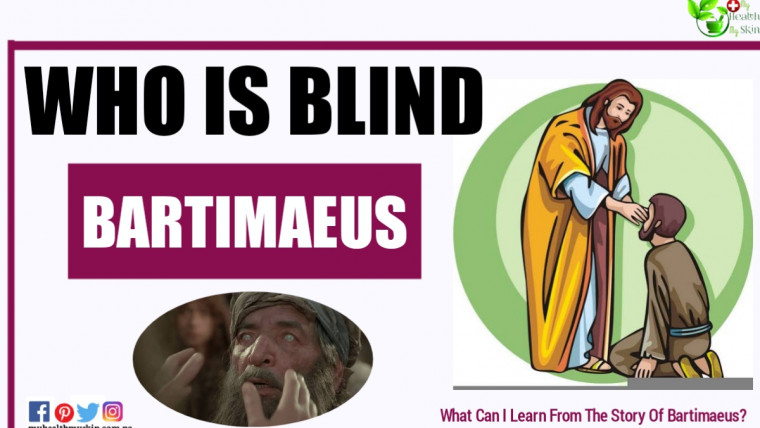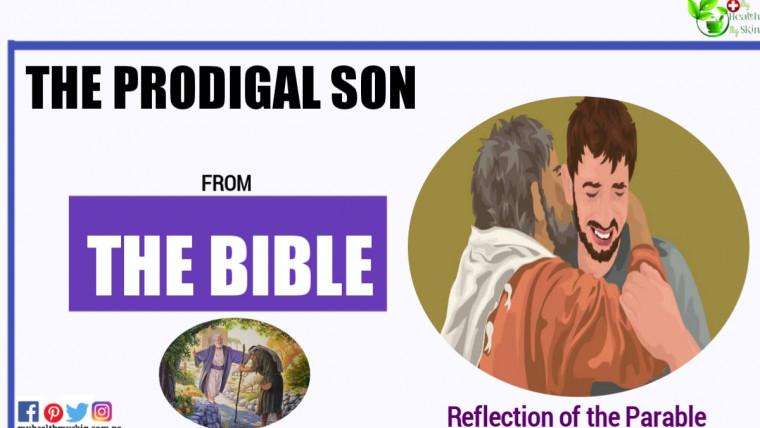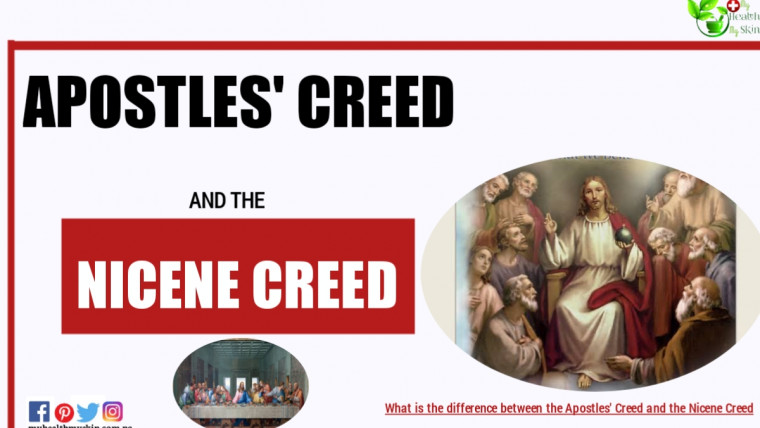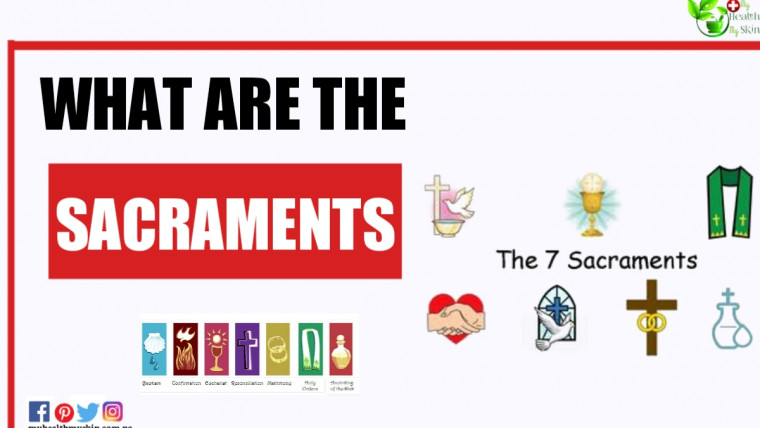In the Christian faith we find different canon (rules) of the content of the Bible.
The canon of the Orthodox Church contains 52 books in the Old Testament, the canon of most Protestant churches contains 39 books in the Old Testament, and the canon of the Catholic Church contains 46 books in the Old Testament.
I will take another article to describe the difference of the canon and why the different amounts. In this article I want to focus on the canon of the Catholic Church.
I want to list the books contained in the Catholic Bible, a short description of the books, a small reference to Bible topics, and finish with some study plans.
You may have wondered what are the books of the bible, what each one contains, where to find some popular topics or how to start reading the bible.
This article has that purpose, the purpose of introducing or familiarizing you a little with the Bible and providing options for you to start or continue reading.
What Are The Books Of The Catholic Bible?
Old Testament books
PENTATEUCH
- Genesis
- Exodus
- Leviticus
- Numbers
- Deuteronomy
Historical
- Joshua
- Judges
- Ruth
- I Samuel
- II Samuel
- I Kings
- II Kings
- I Chronicles
- II Chronicles
- Ezra
- Nehemiah
- Tobias
- Judith
- Esther
- I Maccabees
- II Maccabees
POETICS
- Job
- Psalms
- Proverbs
- Ecclesiastes
- Song of Songs
- Wisdom
- Ecclesiastical
MAJOR PROPHETS
- Isaiah
- Jeremiah
- Lamentations of Jeremiah
- Baruch
- Ezekiel
- Daniel
MINOR PROPHETS
- Hosea
- Joel
- Amos
- Obadiah
- Jonah
- Micah
- Nahum
- Habakkuk
- Zephaniah
- Haggai
- Zechariah
- Malachi
New Testament Books
THE GOSPELS
- Saint Matthew
- Saint Mark
- Saint Luke
- Saint John
- Acts of the Apostles
LETTERS OF SAINT PAUL
- Romans
- I Corinthians
- II Corinthians
- Galatians
- Ephesians
- Philippians
- Colossians
- I Thessalonians
- II Thessalonians
- I Timothy
- II Timothy
- Titus
- Philemon
- Hebrews
CATHOLIC LETTERS
- Santiago
- I Saint Peter
- II Saint Peter
- I Saint John
- II Saint John
- III Saint John
- Saint Jude
- Apocalypse
What Does Each Book Of the Bible Contain?
This is only a small description of the content of the books
- PENTATEUCH: The Pentateuch is the first five books of the Bible. They are known as the books of the law in the Old Testament, and are attributed to Moses as their author.
- Genesis: in the Greek language Genesis means the beginning or beginning. This book tells us the story of creation and the beginning of our salvation story.
- Exodus: in the Greek language, Exodus means exit or exit. This book tells us the story of the departure of the people (Israel) from Egypt.
- Leviticus: this book gives us details of the laws that the people had to purify and to separate them from other peoples as a holy people.
- Numbers: this book contains two censuses, which is why it is named after numbers because it contains the number of those censuses, just as the book details how the people of Israel took 40 years in the desert.
- Deuteronomy: in Greek, Deuteronomy means second law. This second law is contained in this book, the second law was because the people sinned by worshiping pagan gods. With this sin the people showed that they could not bear the responsibility of being a holy nation.
- Historical: Historical books show us the history of the people of Israel, from the conquest of the promised land to the Maccabees.
- Joshua: this book shows us how the people of Israel conquered the promised land.
- Judges: the book of Judges shows us what happened to the people after arriving in the promised land, it tells us about all the falls and how the people moved away from worshiping God.
- Ruth: as its title symbolizes, this book is the story of a Moabite named Ruth, the book shows us how she is the great-great-grandmother of King David and as such, shows the relationship with Jesus.
- I Samuel and II Samuel: these books present us the history of the reign of Israel until the reign of King David.
- I Kings and II Kings: these books tell us about the reign of King Solomon and the fall of the kingdom after his reign.
- I Chronicles and II Chronicles: it tells us about the history of Samuel and the kings, but with an emphasis on theology.
- Ezra: explains how many of the people of Judah returned after the exile.
- Nehemiah: tells us how Nehemiah returned to Jerusalem to help build the temple.
- Tobías: tells the story of an Israelite and his exploits to keep his family on the right path.
- Judith: tells the story of an Israelite woman who saves her people from the conquest of Assyria.
- Esther: tells the story of an Israelite woman living in exile, who was queen of Persia and saved her people from genocide.
- I Maccabees and II Maccabees: tells us the story of the Jewish rebellion against the oppressors.
POETICS
- Job: is the story of a man named Job and his life. Contains the question; Why do good people suffer?
- Psalms: it is the book of songs and poetry written by King David.
- Proverbs: a collection of wise phrases and advice, written by King Solomon.
- Ecclesiastes: it is a book that asks the question; Is life worth living?
- The Song of Songs: the complete book is a love poem, which can symbolize or be compared with God’s love for his people.
- Wisdom: shows us what wisdom is throughout the history of salvation.
- Syracides: is a collection of wisdom and advice on how to live life well.
- MAJOR PROPHETS: They are the longest books of prophets (not the most important)
- Isaiah: prophesies about the judgment of the people of Judah for their sins, and also gives hope of a return to Jerusalem.
- Jeremiah: like Isaiah, he prophesies of the destruction of Judah, but announces that God will have a new covenant with his people.
- Lamentations of Jeremiah: a book of poems about the destruction of Jerusalem.
- Baruch: it is a message for those who are in captivity (Israelites), that they know that they are not abandoned.
- Ezekiel: a prophet who sees visions of heavenly praise, and awaits the perfection of Israel, after the exile when temple worship will be perfected.
- Daniel: contains various prophecies and stories of inspiration and motivation for the people. It speaks of the coming of God as the son of man.
- MINOR PROPHETS: they are the shortest books of prophets (not the least important)
- Hosea: compares Israel to an adulterous woman or a prostitute, but promises that God will redeem his people.
- Joel: contains a vision of the final judgment, a call to repentance and a promise of the arrival of the Holy Spirit.
- Amos: pronounces judgment against the enemies of Israel, but also the judge against Israel itself.
- Obadiah: pronounces judgment against Edom, who was an enemy of Israel.
- Jonah: it is the story of a prophet who did not want to follow his mission, it shows us that God is merciful if we repent.
- Micah: a book that rebukes the leaders of Judah for bringing God’s judgment, but promises the arrival of the king of peace.
- Nahum: prophesies about the destruction of Nineveh and the wicked nations, but warns Jerusalem that they can expect the same fate.
- Habakkuk: draws the Babylonians as instruments to punish the people of Judah, but promises that Israel will not be completely destroyed.
- Zephaniah: describes the Lord’s Day when the final judgment will come and the bad will suffer, but the good will be freed from their afflictions.
- Haggai: prophesies after the exile, urges people to move forward with the rebuilding of the temple.
- Zechariah: prophesies to bring those who return from exile out of their complacency. He promises them the arrival of a savior who will humbly ride a donkey.
- Malachi: rebukes the chosen ones for their hypocrisy, he also foresees a time when all nations will offer God a pure sacrifice.
- THE GOSPELS: The gospels show us the life of Jesus and his ministry.
- Saint Matthew: this gospel focuses on the teachings of Jesus.
- San Marcos: this gospel is attributed to Juan Marco who was Peter’s companion, as such the gospel focuses on the stories told by Peter.
- Saint Luke: This gospel was written with the Gentiles in mind. The gospel tells the story of the nativity that Luke is believed to have heard from the Virgin Mary.
- Saint John: this gospel shows us the life of Jesus in order of events to show how Jesus is the son of God and the Messiah.
- Acts of the Apostles: this book sometimes known as the fifth gospel, because it shows the history of the early church and its evangelization.
LETTERS OF SAINT PAUL
- Romans: this letter examines how salvation history prepared the way for the gospel.
- I Corinthians: this letter gives instructions for the liturgical celebration and shares topics such as marriage.
- II Corinthians: this letter is a defense of Paul’s ministry, after difficult times in Corinthians.
- Galatians: this letter shows the new law or how the law of Moses is perfected in the new law.
- Ephesians: this card shows how the church card shows the unity of the Christian life.
- Philippians: this letter warns us of false teachers and how to live the Christian life.
- Colossians: this letter shows the emphasis that baptism has to have in the Christian life.
- I Thessalonians: this letter assures us that the dead will be raised at the second coming.
- II Thessalonians: this letter tells us about retaining the teachings, which we receive in writing or orally.
- I Timothy and II Timothy: these are letters from Paul to his friend and colleague Timothy, with advice on how to be a good leader in the Christian community.
- Titus: in this letter Paul gives advice to the Christian leader Titus and teaches him how to lead and teach the Christian life.
- Philemon: it is a personal letter from the Apostle Paul to his friend Philemon.
- Hebrews: it is a composition of the history of salvation. It shows us how the Old Testament announces Jesus as the fulfillment of the prophecies.
CATHOLIC LETTERS
- Santiago: emphasizes the importance of good works as the fruit of faith in God.
- I Saint Peter: gives us advice on how to live the Christian life in a world full of sins.
- II Saint Peter: he gives us advice of patience when we see that the arrival of Jesus has not arrived.
- I, II, III Saint John: they warn us about false doctrines.
- Saint Jude: this letter is a warning against false doctrines, with examples of characters from the Old Testament who led people down the wrong paths.
- Revelation: this book is a symbolic vision, in which the history of salvation reaches its climax. It shows the last battle where the forces of evil (Satan and his army) are defeated.
The book shows us a new heaven and a new earth, free from sin, free from pain, where God reigns and triumphs.
Where Can I Find The Known Stories?
Many times we remember stories from the bible and want to find or review them, but we do not know or we do not remember where they are.
For this reason I would like to have a small index or references to known stories from the bible.
As you can see, this article is more of a reference document. Maybe you just want to know what the books are in a Catholic bible.
Maybe you want to know what the books are about or quickly look up a story or simply connect biblical passages with your personal life. To see more post on Spiritual Health click here.
I hope it will be useful to you, that it will be of use to you and the most important thing is that you use the Bible, that you read it and that you let yourself be guided by the Holy Spirit.
God Bless You!
